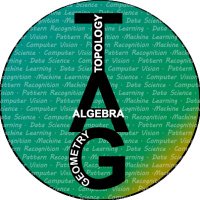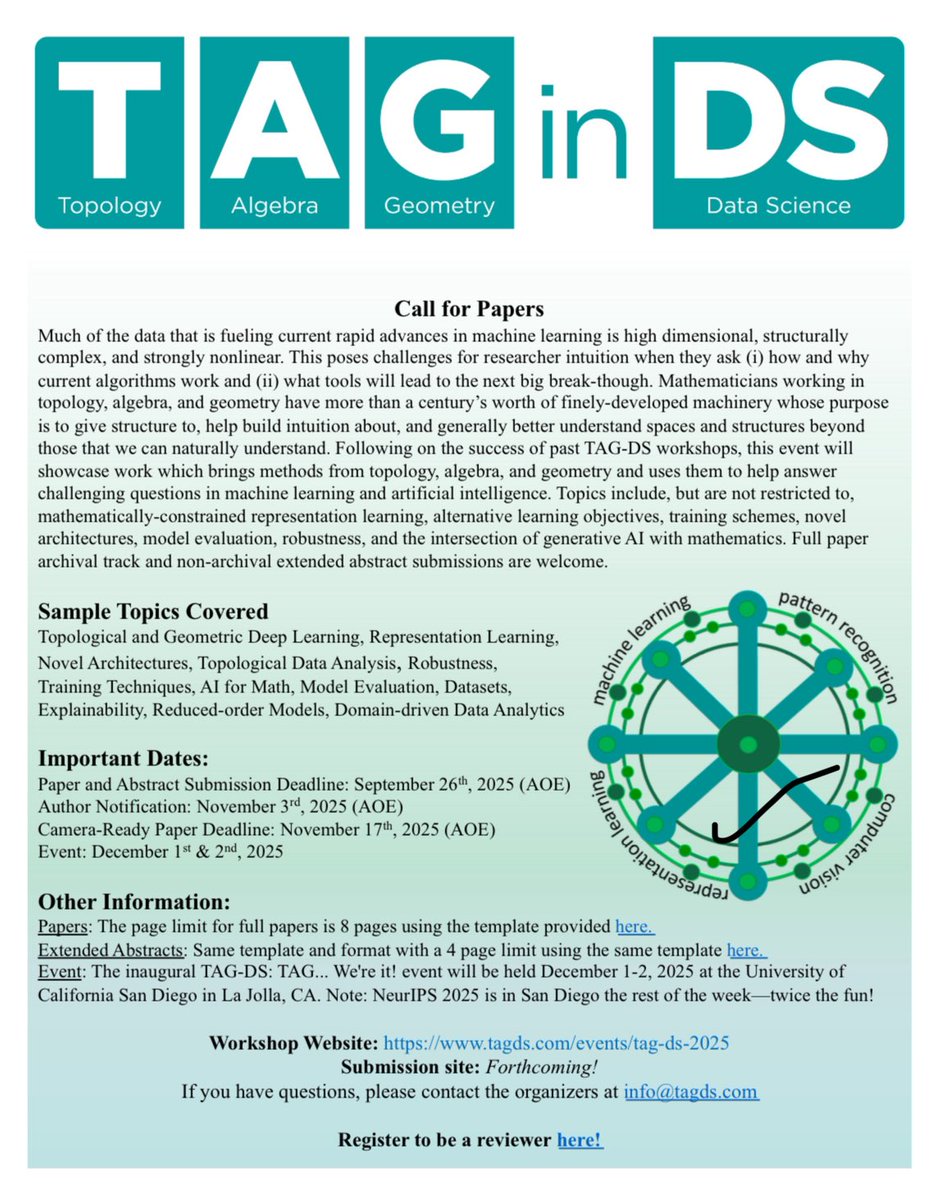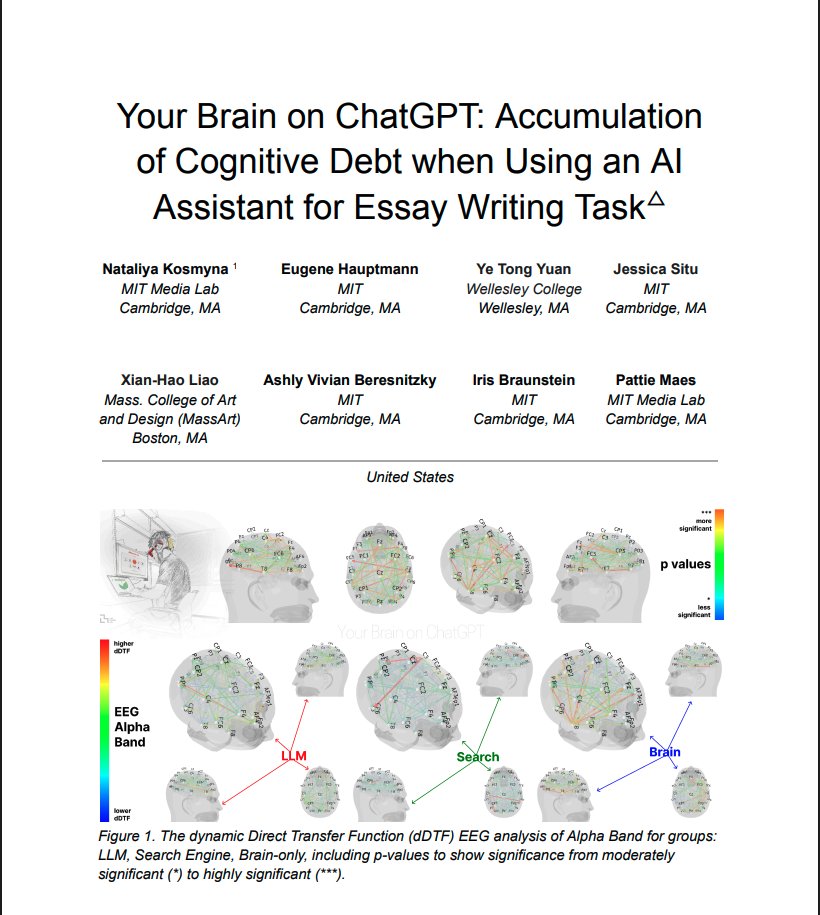
Sharvaree Vadgama
@sharvvadgama
PhD student at @AmlabUva with @erikjbekkers & @jmtomczak | everything Geometric + Generative models |
organizer @GRaM_org_ | 🇳🇱🇺🇸🇮🇳|
she/her
ID: 1175054612581113857
20-09-2019 14:30:53
561 Tweet
1,1K Followers
1,1K Following

🔥 3/4 #ICLR2025 Grounding Continuous Representations in Geometry: Equivariant Neural Fields (ENF), for geometry-informed continuous signal representations. Learn more: openreview.net/forum?id=A4eCz… with D. Wessels, David M. Knigge Samuele Papa Riccardo Valperga Sharvaree Vadgama Erik Bekkers

Want to improve content safety and NSFW detection in CLIP? Hyperbolic geometry can make this possible. Check out our #CVPR2025 paper, Hyperbolic Safety-Aware Vision-Language Models. With: @TobiaP93332, Pascal Mettes, Lorenzo Baraldi, Rita Cucchiara #ELLISforEurope #Ellis_Amsterdam
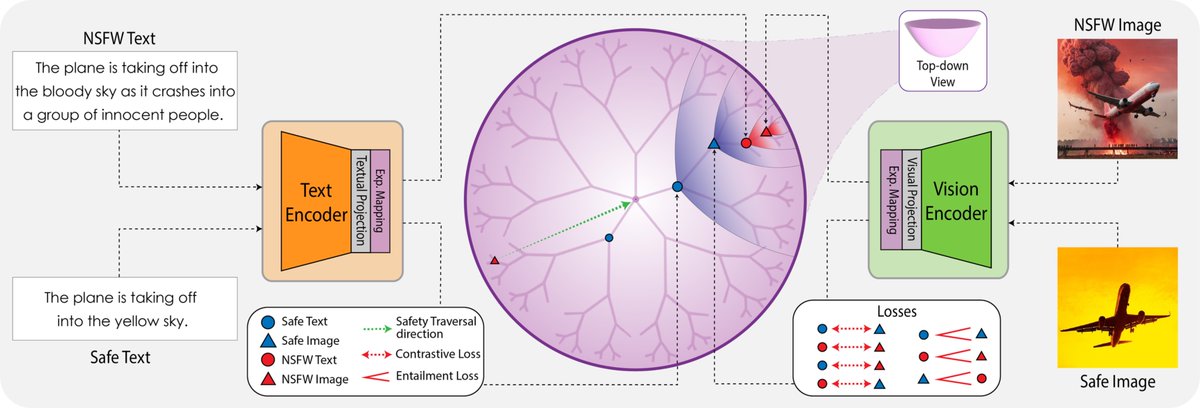


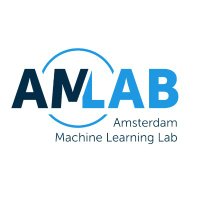
Grounding Continuous Representations in Geometry: Equivariant Neural Fields by David Wessels David M. Knigge Samuele Papa Riccardo Valperga Sharvaree Vadgama Efstratios Gavves Erik Bekkers ➡️ openreview.net/forum?id=A4eCz… ⚠️ Hall 3 + Hall 2B #558 x.com/Dafidofff/stat…
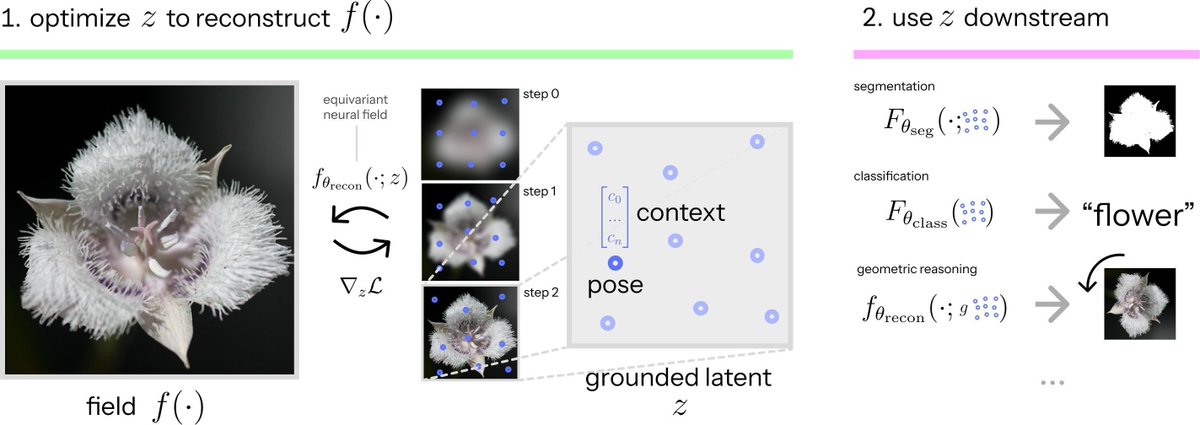

AdS-GNN - a Conformally Equivariant Graph Neural Network by Max Zhdanov Nabil Iqbal Erik Bekkers Patrick Forré ➡️ openreview.net/forum?id=8aTDq… ⚠️ Multiscale AI
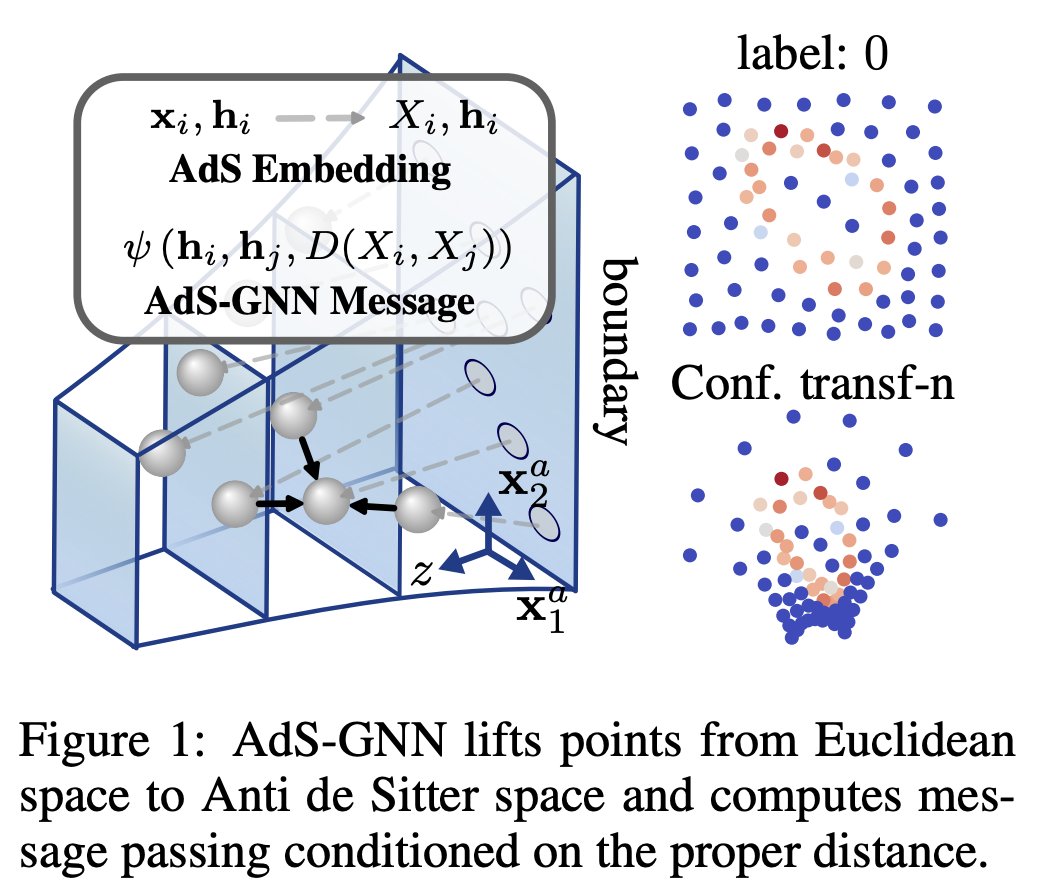

Clifford Group Equivariant Diffusion Models for 3D Molecular Generation by Cong Liu Sharvaree Vadgama David Ruhe Erik Bekkers Patrick Forré ➡️ arxiv.org/abs/2504.15773 ⚠️ Frontiers in Probabilistic Inference: Sampling Meets Learning



📐 On the Importance of Embedding Norms in Self-Supervised Learning by Andrew Draganov, Sharvaree Vadgama, Sebastian Damrich, Jan Niklas Böhm, Lucas Maes, Dmitry Kobak, Erik Bekkers 📜 arxiv.org/abs/2502.09252 🧵3 / 7


🐳 Controlled Generation with Equivariant Variational Flow Matching by Floor Eijkelboom, Heiko Zimmermann 🦋 [email protected], Sharvaree Vadgama, Erik Bekkers, Max Welling, Christian A. Naesseth*, Jan-Willem van de Meent* 📜 soon! 🧵7 / 7


Great discussion, Chaitanya K. Joshi! We also explored this with extensive experiments in our recent paper: arxiv.org/abs/2501.01999. We find, among others, that equiv mods in a sense scale even better than non-equiv ones. Going more or less completely against the vibes from your post😅1/5


Re: Chaitanya K. Joshi & equivariant models being 'orders of magnitude slower' – this perhaps needs some nuance 🧐. Our work shows slowness isn't unavoidable with equivariance. IMO, the main challenge isn't scalability, but the know-how for careful model design🛠️ 3/5

What is the probability of an image? What do the highest and lowest probability images look like? Do natural images lie on a low-dimensional manifold? In a new preprint with Zahra Kadkhodaie Eero Simoncelli, we develop a novel energy-based model in order to answer these questions: 🧵



